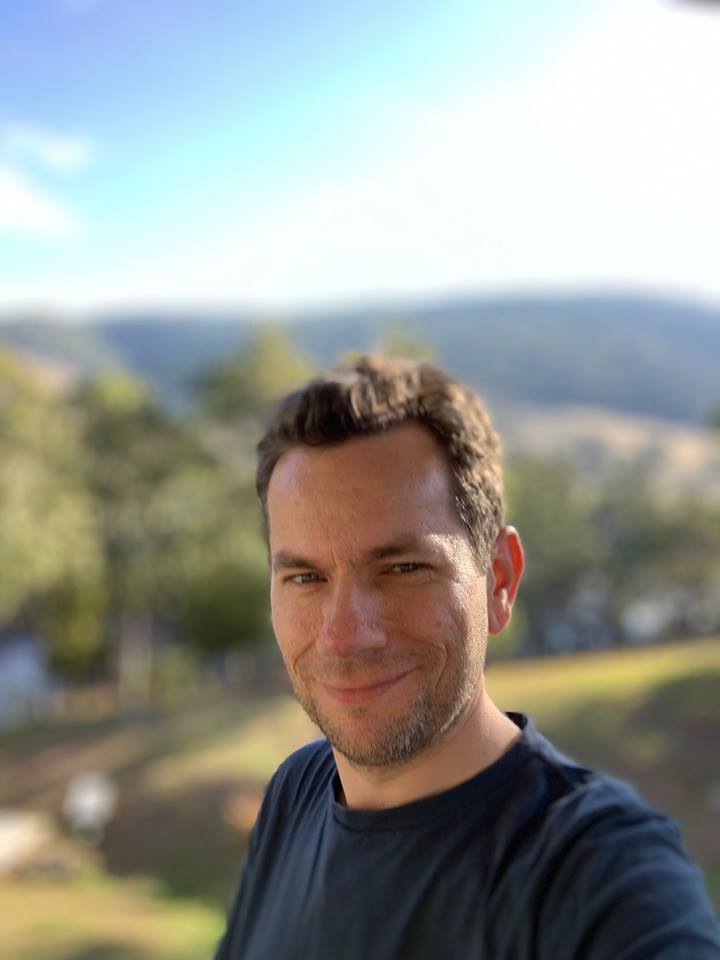Dr Simon Sleight

Reader in Urban History, Historical Youth Cultures and Australian History, King's College London, United Kingdom
Email: simon.sleight@kcl.ac.uk
Profile
Dr Simon Sleight is Reader in Urban History, Historical Youth Cultures and Australian History, Co-founding Director of the Children's History Society and Deputy Director of the Menzies Australia Institute at King’s College London. Dr Sleight’s work explores the history of urban place-making, the evolution of youth cultures and the Australian presence in Britain. He is particularly interested in understanding the lived experience of the past, and uses a wide range of source material to do so. By way of example, his 2013 monograph, Young People and the Shaping of Public Space in Melbourne, 1870-1914 analyses the relationship between young people’s activities in the public domain and the shaping of the modern city. Ranging across topics including urban play and autonomy, the hidden economies of the streets, consumerism, courtship, gang culture, the politics of urban display, the regulation of behaviour and national identity, the book adopts an interdisciplinary approach to address related issues within urban history and cultural geography.